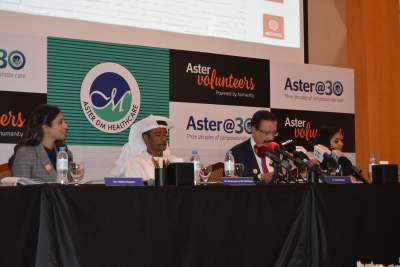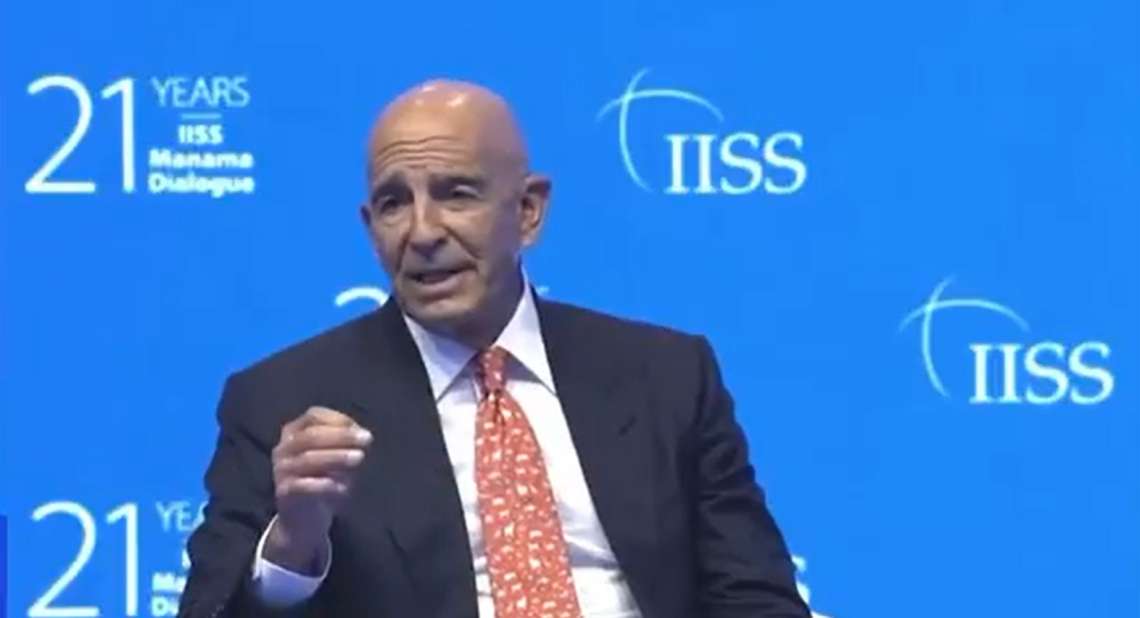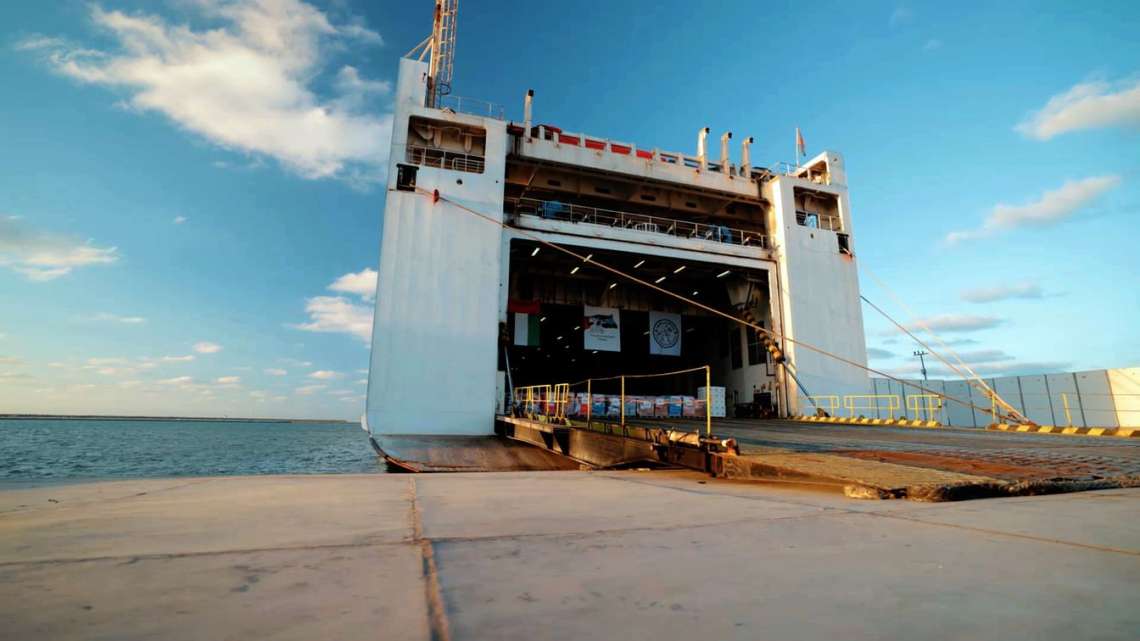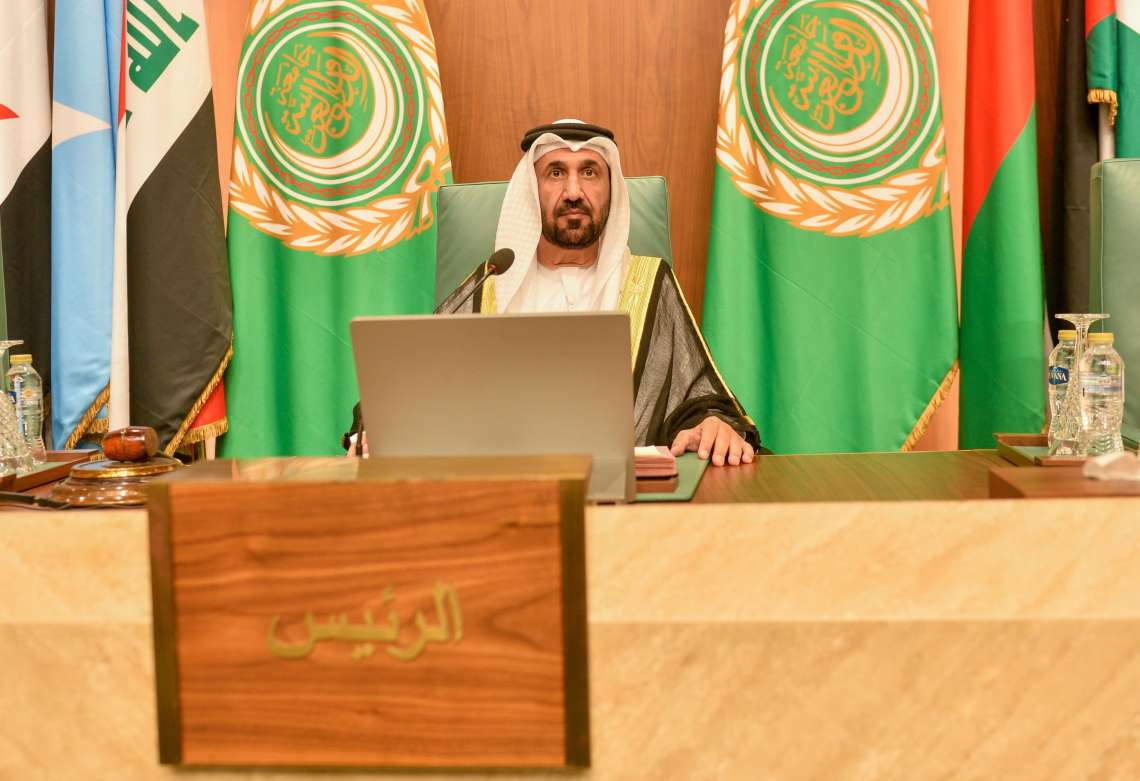Aster DM Healthcare first in Asia to perform liver transplant using pioneering technology. The break-through procedure introduced at Aster CMI Hospital in Bangalore, India aims to improve liver transplant success rates across the country. Addresses the key challenge of organs losing full functionality during long hours of preservation … reports Asian Lite News.

Aster DM Healthcare, a leading private healthcare services provider in GCC and an emerging player in India, announced today that it has performed Asia’s first-ever liver transplant using Normothermic Machine Perfusion, a process which can keep a liver alive outside the body for up to 24 hours by maintaining it at body temperature.
The surgery – considered the next important step forward in liver transplantation – was successfully performed at Aster CMI Hospital in Bangalore using OrganOx Metra device technology. Aster CMI has become the first hospital in India and the wider Asia region to use the perfusion technique as part of its standard clinical practice which allows physicians to test how well a liver is functioning before transplant, boosting the chances that the procedure will be a success.
The announcement comes at a time when the demand-supply disparity in India for organ transplant remains a critical issue, which is primarily attributed to lack of awareness and infrastructure. Furthermore, the organ transplant success rate in India is low compared to developed nations in the West, and often this is due to the functionality of organs deteriorating during the preservation stage that lasts up to 12-14 hours.
Mr. Ashwath, a 53 years old patient who was suffering from end stage liver disease, became the first person in Asia to receive a liver transplant using this state-of-the-art technology.
Dr. Sonal Asthana, Senior Hepatobiliary and Transplant Surgeon, at Aster CMI Hospital said: “Livers are usually stored in ice and preservation solution in a small sized box, where they can be kept for 12 to 14 hours before transplant. Sometimes, those less suitable for transplant do not survive the cold and begin to deteriorate, and this severely impacts the success rate of the organ transplant. The introduction of normothermic machine will change the way we preserve organs and allow us to check the functionality of organs before transplantation. Also, organs which are donated in far off parts of the country can now be transported to transplant centers and utilised safely.”

The new device has created a system that allows blood to circulate through the liver. When the organ is in the device that mimics the body, doctors can monitor the blood flow and letting out bile and can better tell how it might work in a patient. The technology has only been available in Europe and the US so far, and this is the first time it has been used in Asia at Aster CMI Hospital in Bangalore.
Dr Rajiv Lochan, Senior. Consultant – Hepato-pancreato-biliary & Transplant Surgery, Aster CMI Hospital, said: “This new technology essentially allows for the liver to be kept alive and warm outside the human body, for us to test it to ascertain its health. In Mr. Ashwath’s case, it was important to reduce the preservation time to a minimum as he had previous operations on his abdomen, that would have resulted in a long operation time to remove the old liver and the liver graft could have deteriorated while being preserved in cold preservation fluid, which is the currently practiced traditional method of organ preservation. In addition, these livers can be treated to make them better while on the machine and numerous studies of these techniques are being performed. This new technology of machine perfusion is exciting and will indeed change the Liver transplantation landscape not only in India but across the world.
The Integrated Liver Care medical experts at Aster Hospitals specialize in all aspects of liver care such as liver transplantation, liver anesthesia, and liver pathology among others. The team has special training and extensive experience resulting from a collective expertise of over 2000 liver transplants and over 4000 major liver and pancreatic surgeries in major hospitals around the world.








